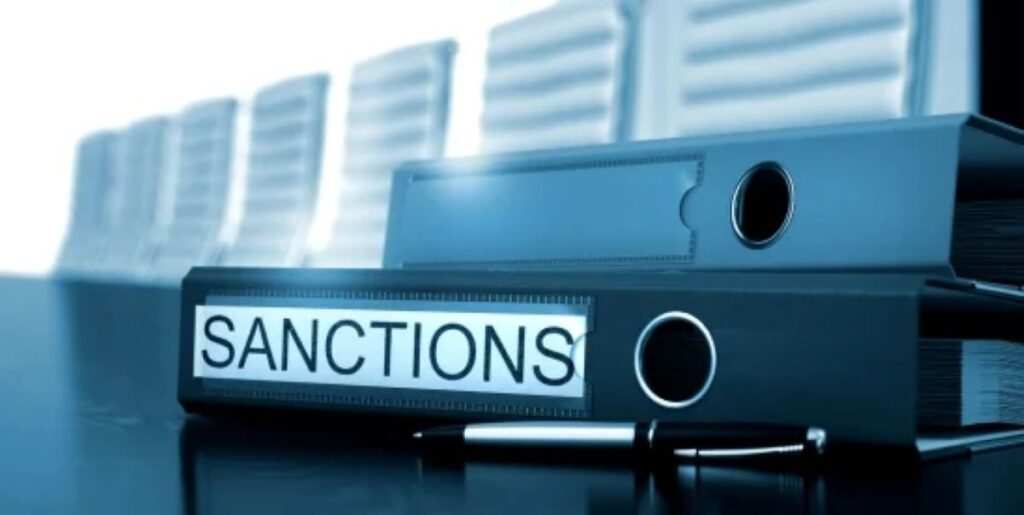More countermeasures, more transparent processes, and more departmental collaboration are all outlined in the law. As part of its anti-foreign sanctions statute, it permits China to confiscate, freeze, or prohibit a range of assets, transactions, and activities.
According to the regulation, China shall enhance coordination between State Council departments and improve countermeasure procedures. Authorities will strictly enforce these controls, limiting specific activities if needed and demanding adjustments if improperly implemented. China news updates
Impacted organizations and individuals can request changes or removal of sanctions if they adopt corrective measures and reduce the impact of their infractions.
China Anti-Foreign Sanction Laws
Chinese authorities intend these enforcement rules to “protect national sovereignty, security, and development interests.”
Moreover, the regulations further empower local courts to punish companies that aid or implement international sanctions against Chinese corporations.
Article 6(2) lays out what kinds of assets can be seized, frozen, or detained. This includes cash, negotiable instruments, bank deposits, securities, fund shares, equity, intellectual property, accounts receivable, and other forms of property.
Article 6(3) It details which types of transactions, collaborations, and activities authorities may restrict or prohibit.These restrictions extend beyond business and trade to include areas like education, science and technology, legal services, environmental protection, culture, tourism, health, and sports.
Article 6(4) explains what “other necessary measures” might entail. These can include banning or limiting imports and exports related to China, restricting investment in the country, prohibiting the sale of certain items, and blocking access to data or personal information. It can also mean revoking or restricting work permits, stay, or residency rights for relevant personnel, as well as imposing fines.
What do China’s anti-foreign sanction laws (AFSL) refer to?

The People’s Republic of China passed the Anti-Foreign Penalties Law (AFSL) as a legislative tool to combat international penalties on Chinese individuals and companies.
The law, which was approved by the National People’s Congress Standing Committee On June 10, 2021, authorities established a legal basis to take retaliatory action against foreigners and groups engaging in activities considered discriminatory or harmful to China’s interests.
More Information in clear form
Growing international penalties against Chinese officials and entities prompted the creation of the AFSL. By giving the Chinese government legal justification to take action in response to international sanctions, it primarily seeks to protect China’s sovereignty, security, and development interests.
Chinese Premier Li Qiang signed an order on March 24, 2025, to enact new regulations that strengthen China’s defenses against international sanctions.
By identifying industries such as trade, science, education, and legal services that may be subject to limitations, these regulations effectively aid the AFSL. Furthermore, to enhance China’s ability to respond to discriminatory actions taken by other countries, the regulations also include enforcement measures. Specifically, they impose prohibitions on import and export operations, ensuring a structured approach to counteract unfair practices.


 India Imposes 12% Tariff on Steel to China
India Imposes 12% Tariff on Steel to China  China Warns Countries Against Siding with U.S. in Trade War
China Warns Countries Against Siding with U.S. in Trade War  U.S. Bans Nvidia H20 Chip Sales to China
U.S. Bans Nvidia H20 Chip Sales to China  China Calls on Trump to Reverse Tariff Policy
China Calls on Trump to Reverse Tariff Policy  Xi Jinping Accuses Trump of Global Bullying
Xi Jinping Accuses Trump of Global Bullying  Chinese Yuan Plunges to Lowest Level in 18 Years
Chinese Yuan Plunges to Lowest Level in 18 Years